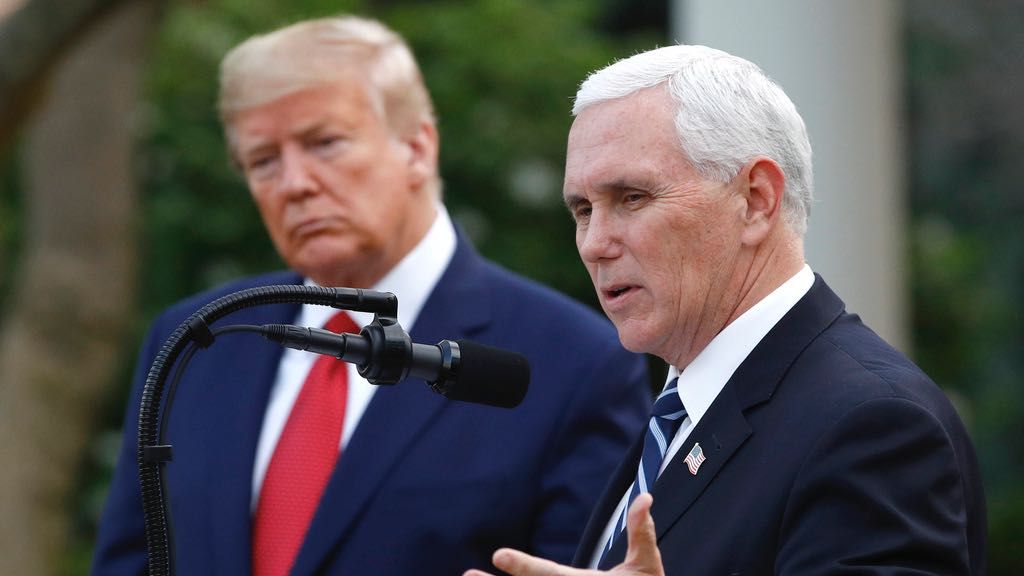The House of Representatives on Thursday rejected a Republican-backed resolution aimed at punishing Attorney General Merrick Garland for his refusal to turn over audio tapes from special counsel Robert Hur's interview with President Joe Biden over his handling of classified documents.
The vote failed in a 204-210 vote after four Republicans joined Democrats to defeat the measure. Democrats failed twice on Wednesday to kill the resolution.
Florida Republican Rep. Anna Paulina Luna introduced a resolution that would have fined Garland $10,000 per day until he hands over the tapes of Hur's interview with the president. Ahead of the vote, a spokesperson for the Justice Department told multiple news outlets that Luna's inherent contempt resolution was "unconstitutional" and they expressed confidence that it would fail in the courts.
Hur's probe centered around Biden's handling of classified material from his time as vice president. The special counsel found in February that Biden "willfully" retained classified documents, but found that criminal charges were not warranted. His report, however, described Biden as "a sympathetic, well-meaning, elderly man with a poor memory," which raised questions about his fitness to hold office and kicked off a monthslong clash between House Republicans and the Justice Department.
House Republicans leading an impeachment inquiry into the president, which has yet to yield any evidence of wrongdoing, subpoenaed the Justice Department for the tapes. The White House exerted executive privilege over the tapes in May, leading to House Republicans voting to hold Garland in contempt last month. The Justice Department declined to prosecute Garland, finding that his actions "did not constitute a crime."
Testifying before Congress last month, Garland also defended his decision last month to recommend President Biden assert executive privilege to block the release of audio from his interview with special counsel Robert Hur about his handling of classified documents.
The attorney general argued that his department already provided the written transcript produced by Hur’s office, adding the release of the audio could hinder future investigations.
“It could influence witnesses' answers if they thought the audio of their law enforcement interviews would be broadcast to Congress and the public,” Garland testified at the time.
Spectrum News' Ryan Chatelain and The Associated Press contributed to this report.









